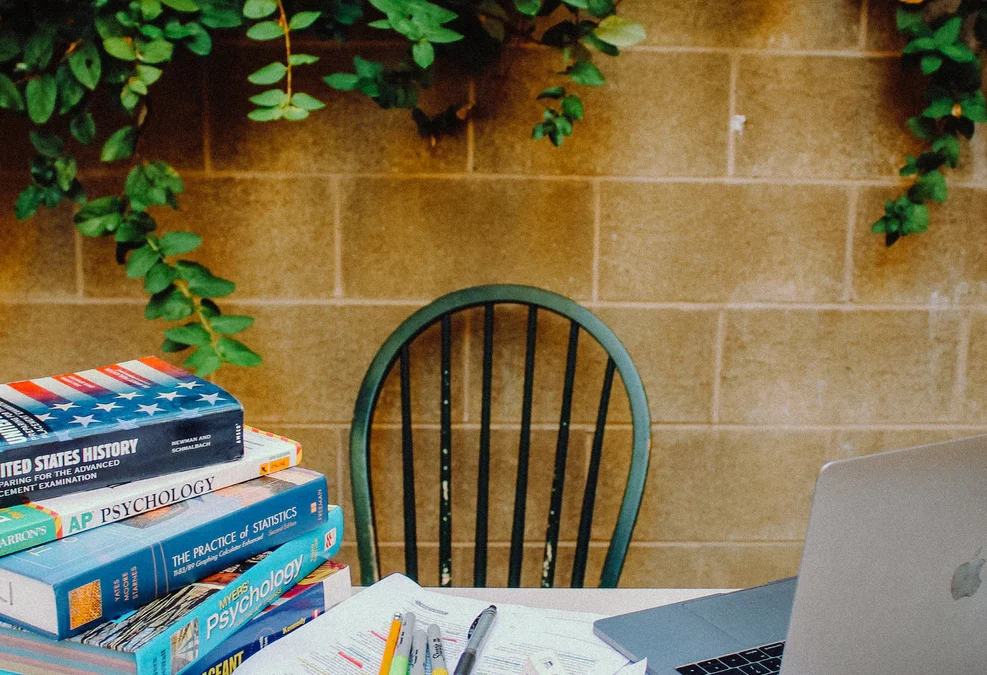
Pakistan International Airline Corporation V Times Travel (UK) Ltd
December 25, 2021
Shell dropping “Royal Dutch” to be part of “Royal England”?
December 27, 2021Article written by Imaan Fatima, Scots and English LLB student at The University of Strathclyde.
Whether you’re just starting university this year or getting ready to graduate, having an effective studying method is always useful. The skills you learn, such as organisation and time management, will undoubtedly help you in the future too. Here are some tips which I’ve found to be incredibly helpful when studying for exams. Hopefully, they’ll also allow you to improve your study technique and academic performance overall.
Create a study timetable
Using a study timetable is the most effective way to stay organised and keep track of important deadlines, dates, and times. Consider incorporating your class syllabus into your timetable and prioritise your time according to which exams you’re taking and when. Having a plan in place will mean you’ll make the best use of your time and know what you’re looking to achieve by the end of the day. Every student’s working style and commitments are different, but a few points can be utilised by all.
Plan to cover your most difficult tasks or challenging topics for when you work best and leave the easier ones for when you’re less alert. Another thing I’ve found to be really useful when revising for exams is changing topics every hour or so to prevent losing concentration and avoiding burnout.
When creating your study timetable, set yourself goals throughout the day. For example, aim to write a timed essay within forty minutes and reward yourself with a twenty-minute break afterwards to relax. This is a good way to stay motivated and can make longer tasks seem more achievable. Additionally, breaking down tasks is an effective and easy way to stay focused and overcome procrastination.
One final thing that has really helped me is leaving time to plan ahead. When you’ve finished studying for the day, decide what you’ll study tomorrow and organise your materials in advance. This way you’ll be ready to get started straight away the next morning. Most importantly, when building a study routine, it’s important to be flexible. If your timetable doesn’t go 100% according to plan, just make some adjustments and keep going!
Take control of your space
The right environment can make all the difference when it comes to effective studying. Make sure to choose an environment where you know you’ll be able to focus. This should ideally be a comfortable and uncluttered space, with lots of lighting and little distractions.
Furthermore, sit down with all you need – and only what you need – to study. For example, you’ll likely need to look through your textbook, have a notebook to jot down some ideas, use your laptop for research, and maybe even have some water and healthy snacks on hand to help you concentrate. But your phone will probably just serve as a distraction, so consider turning it off or leaving it in another room to avoid it stealing your attention. Your designated study space should be one that feels most productive for you and will encourage your focus. Obviously, there is no one ‘good’ study environment for everyone, so try out a few different places to see which works best for you.
Look after yourself
During exam season, it can sometimes feel like there isn’t enough time in the day to do basic things that aren’t related to studying. However, taking care of your health and wellbeing should never be ignored, and is especially important when you’re studying. Building certain habits into your daily routine to improve your memory, concentration, and mood will help you study more effectively.
Create a habit of unwinding for an hour or two after a long day of studying. Try to avoid caffeine and electronic screens as this will allow you to get a better night’s sleep and wake up reenergised. It’s equally important to stay hydrated throughout the day and practice healthy eating to ensure you have the fuel you need to focus. Keeping a balanced diet of “brain foods” is always the smartest strategy. It’s also crucial you give your body time to recharge between each study session. The best way to do this is by taking a short fifteen-minute break for every forty-five minutes you study. Consider going for a quick walk to stretch your legs and get some fresh air. Physical exercise increases blood flow to the brain and gives you more energy for when you sit back down to study.
Finally, arranging study groups can be a great way to revise and switch up your usual study technique. Get together with some classmates to study a chosen topic together. This is a perfect opportunity to raise any questions you may have concerning the materials or to gain feedback from your peers. Working with others may also develop your motivation, boost your confidence, and push you to challenge yourself!





